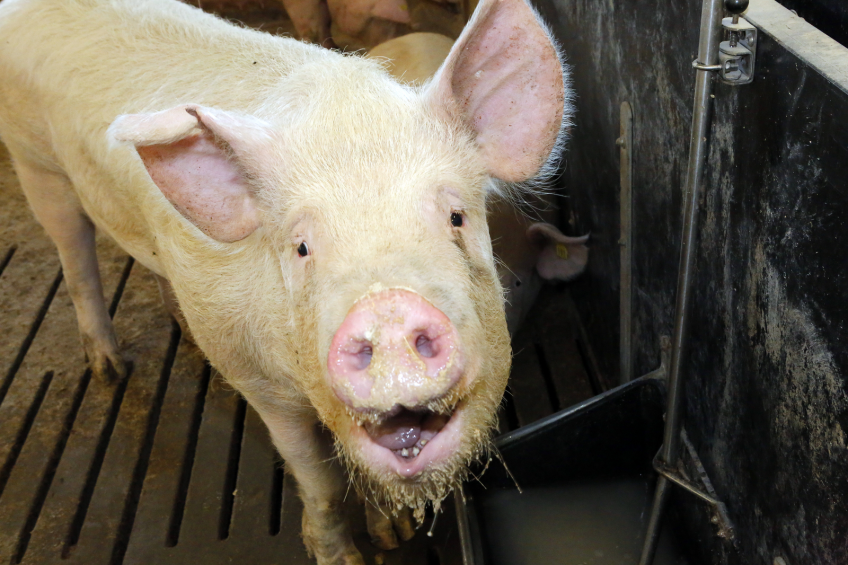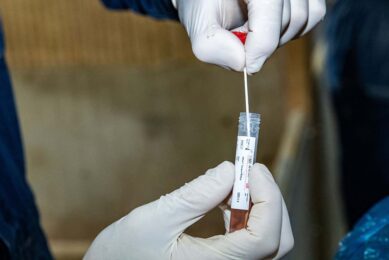Knowledge gaps in fight against animal influenza

How do influenza viruses become able to jump from one species to another? Under which conditions does our immune system protect us against influenza? How do farmers react when faced to signs of disease? These are some of the questions on which answers are still needed from research to fight animal influenza. Horizon 2020, the biggest EU Research and Innovation programme, tries to find those answers.
Major knowledge gaps still exist on a number of very important questions that need to be answered if we are to successfully fight animal influenza in Europe and worldwide. This was the conclusion reached by around 35 experts who recently gathered in Parma to carry out a priority research gap analysis based on expert opinion, which started from the mapping of the results of EU-financed research projects tackling Animal Influenza.
What enables immune systems to fight viruses
Several research gaps were identified. On ‘host-pathogen interaction’, namely on how viruses interact with the organisms they infect, Scientists still do not fully capture what determines the capacity of certain viruses to infect one or several species (birds, pigs, humans…). We also need to better understand what enables immune systems to fight different types of viruses efficiently.
Evolution of viruses
Flu viruses are also numerous and known to evolve quickly. Experts highlighted that models used to assess risk of disease outbreaks and spread must be further developed to better take into account the evolution of these viruses. Models must also better integrate the complexity of systems in which these viruses spread, taking into account the environment, different species involved and human behaviour, using where appropriate social sciences.
More research on prevention
Participants also stressed the need for more research on prevention and control measures to be applied on farm, there also looking closely at farmers’ behaviour and decision-making.
More efficient vaccines
Finally, regarding vaccination, the main challenge is to develop more efficient vaccines that could be used in routine or emergency vaccination programs.
The workshop was organised at EFSA premises in Parma by the European Commission’s (EC) Directorate General for agriculture and rural development and the European Food Safety Authority (EFSA), in collaboration with EC’s DG Research and Innovation, with the objective to feed the reflection on the future research agenda on animal influenza. 24 scientists, including representatives of EU funded projects, delegates of relevant European and International organisations (FAO and OIE) as well as the United States Agricultural Research Service (USDA-ARS) participated in the workshop together with a dozen of representatives from European Commission’s Agricultural, Research and Innovation and Health and Food Safety departments, the European Centre for Disease Control (ECDC), EFSA and the EU Reference Laboratory for Avian Influenza.











